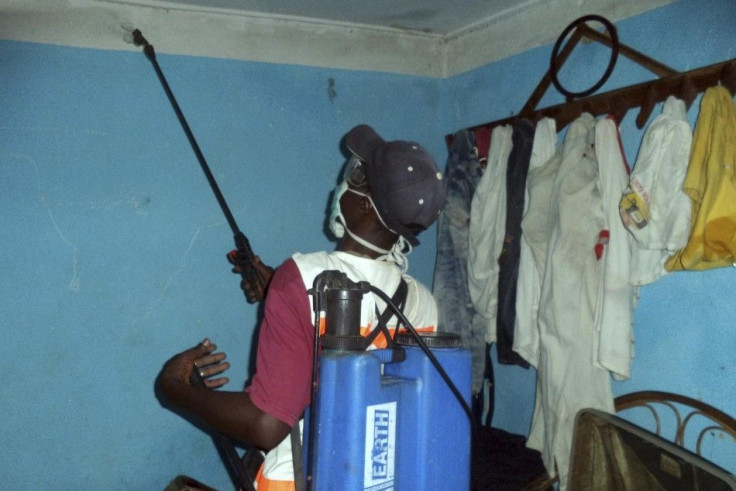Fighting and Eradicating Ebola in West Africa Could Take Months, No Travel Restrictions Yet to Guinea – WHO

The Ebola virus outbreak now enveloping West Africa could take months before it gets totally eradicated, the World Health Organisation (WHO) said on Tuesday.
Keiji Fukuda, assistant director-general for health security and environment, said controlling the outbreak could take at least four months.
More than 100 people have died in Guinea and Liberia since the outbreak begun in January, according to Tarik Jasarevic, a spokesman for WHO.
Worse, the virus continues to spread in three "hotspots." It has reached Guinea Forestiere, a southeastern region only 900 km away from Conakry, Guinea's capital. The latter already has reported 20 cases to date, the United Nations agency said.
"In Guinea Forestiere, the outbreak is not over, this is the epicentre. As long as it is not over there, there will be cases exported to the rest of the country," Stephane Hugonnet, WHO medical officer who just back from Guinea, said.
The U.S. Centers for Disease Control and Prevention has earlier described ebola as one of diseases so deadly and easy to spread that they pose a risk to national security.
The WHO, however, has yet to recommend travel restrictions to Guinea. As of Tuesday, it already recorded a total of 157 suspected and confirmed cases, including 101 deaths. Liberia has 21 suspected and confirmed cases, including 10 deaths.
Mr Fukuda advised locals to refrain applying self-help medications if they suspect they have been infected with the deadly Ebola virus. He particularly noted of the "eating two raw onions a day keeps the disease away" rumours only make it harder for the health experts to curb the spread of the virus.
"Rumours can be harmful, if they think for example that eating onions can protect them," Mr Fukuda told a news briefing from Geneva. "That makes it less likely they will follow infection control measures."
"The act of denial is a very critical instrument that will spread the disease wider in our country," The Time quoted Thomas Nagbe, director of disease control and prevention at the Liberian Health Ministry, as telling radio listeners.
Health experts still continue to track and trace the origin of the latest deadly Ebola virus strain.
Health-care workers, people attending funerals who come in contact with Ebola victims' body fluids and family members of those infected are the ones most at risk of contracting the infection, Ms Hugonnet said.





















